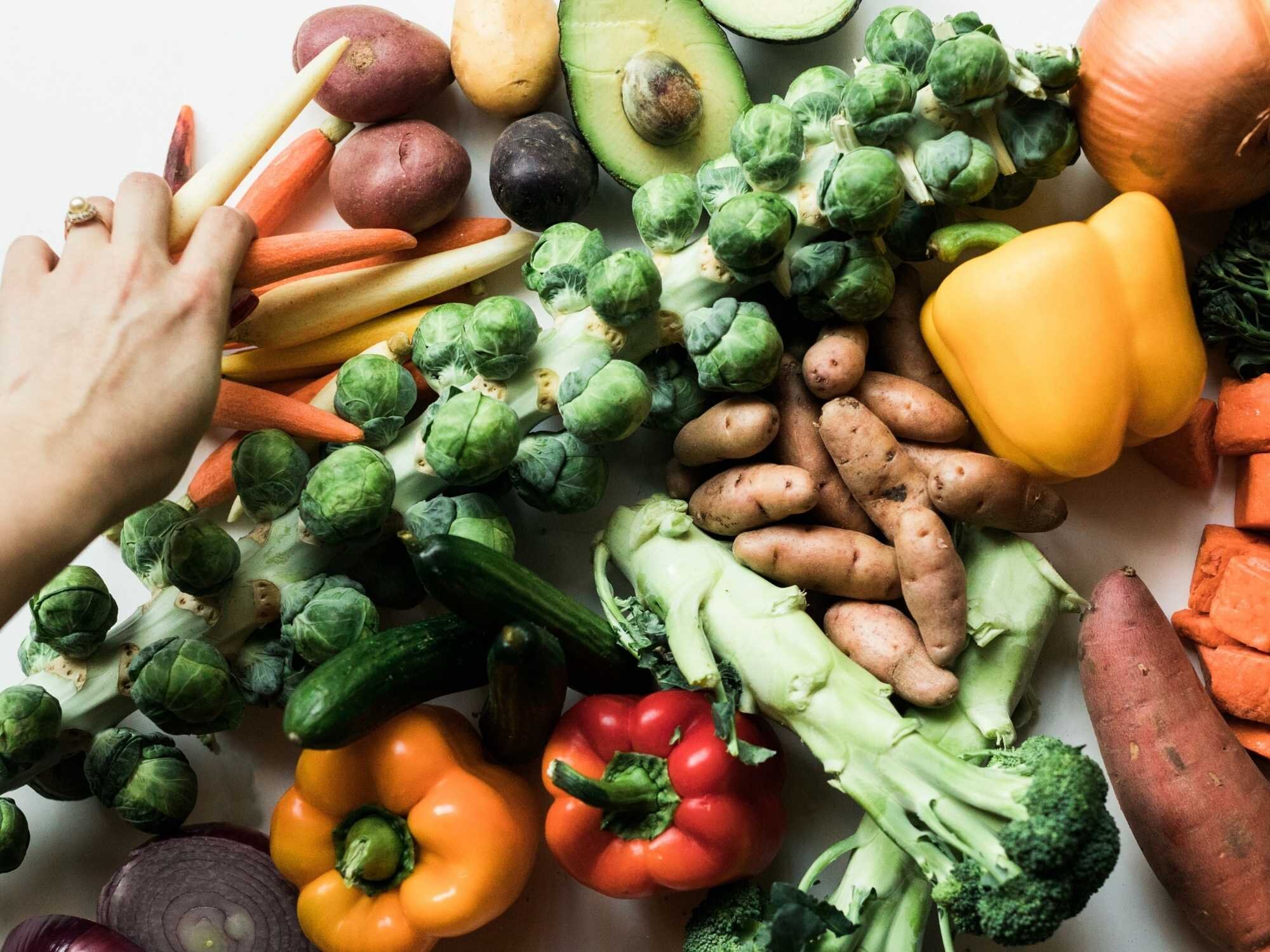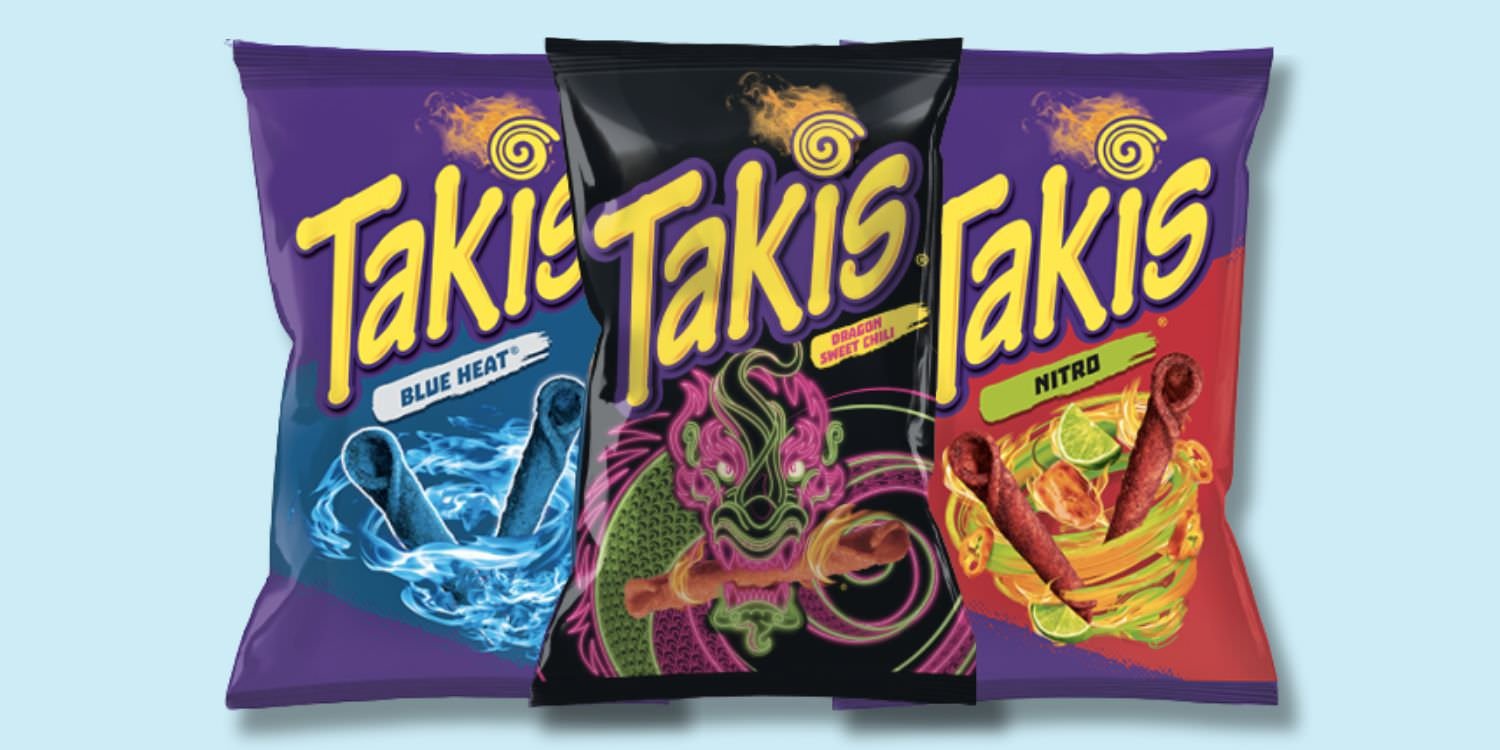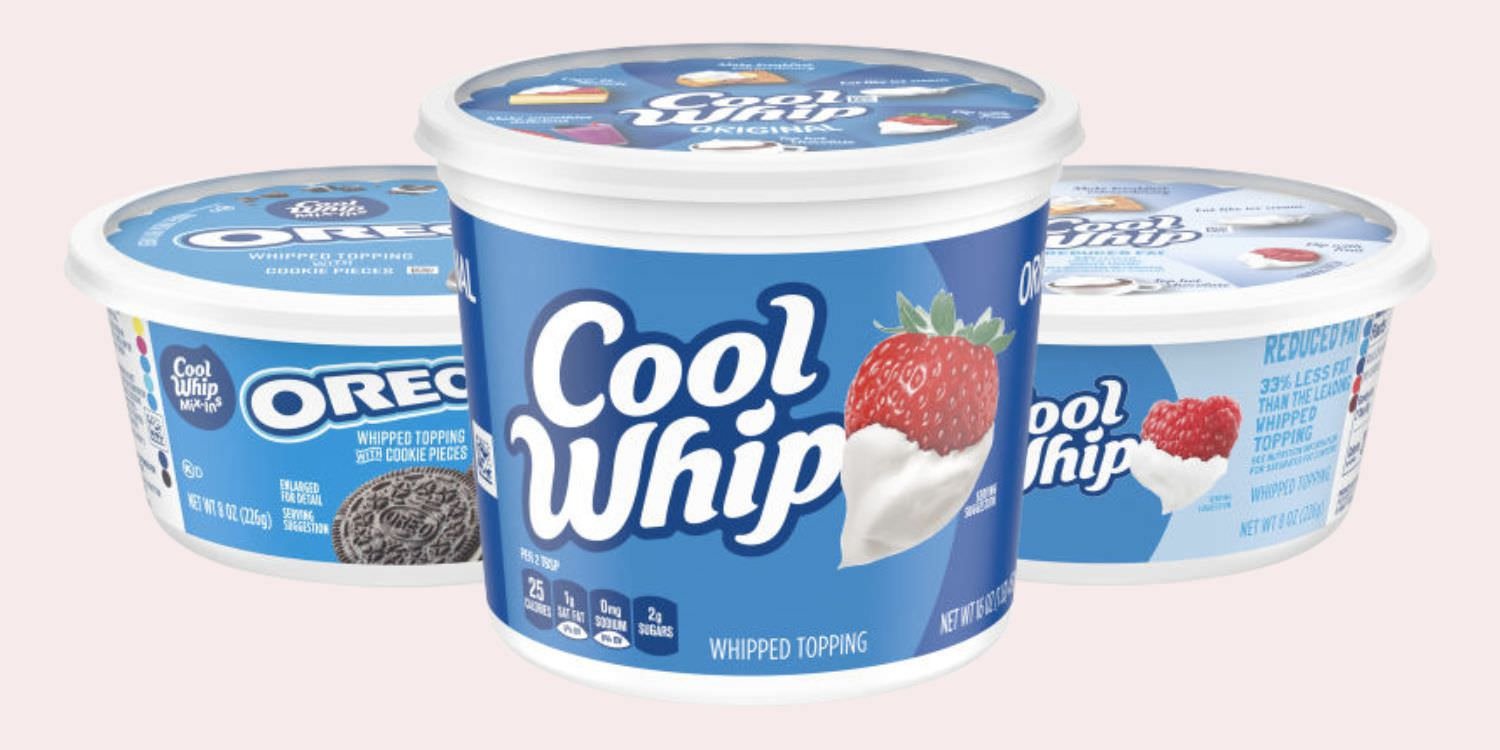Which Vegetables Have Protein?
Before we mention which vegetables are highest in protein, we’d like to point out that vegetables are not the best source of this essential macronutrient. If you’re on a plant-based diet, your most abundant sources of protein are legumes, nuts/seeds, and whole grains like quinoa, wheat, and brown rice. However, if you’re looking to maximize the amount of protein in your diet, or worried about your current intake, you should know that some veggies that are higher in protein than others. Keep reading and find out which are right for you!
Bok Choy (1.56g protein/100g)
Although this leafy green veggie is the lowest in protein on our list, it is not to be underestimated! It’s also an amazing source of calcium, potassium, and folate. Plus, it’s delicious in stir-fries, or on its own! Incorporate it into your meals for a healthy source of essential nutrients.
Watercress (2.3g protein/100g)
Watercress is an amazing leafy green to add to salads, soups, or wraps for a nutrient boost! With high levels of calcium and vitamin K, C, and A, this veggie is a tough contender. Its peppery flavor and tender leaves are great for enjoying raw or cooked.
Broccoli (2.38g protein/100g)
Another fiber-filled choice, broccoli is an old-time favorite for many! So if you’re a fan, you’ll be happy to know it’s pretty high in protein, especially considering it’s only 35 calories for a 100g serving. Broccoli is also an excellent source of calcium, potassium, vitamin C, and folate.
Asparagus (2.4g protein/100g)
A great source of potassium, folate, and vitamins A, E, and K, asparagus is the perfect addition to your bowls and stir-fries. Or, enjoy it on its own, roasted with some garlic and olive oil! Yum!
Brussel Sprouts (2.55g protein/100g)
This nutrient-dense veggie shines for its high potassium, folate, and vitamin C levels. Enjoy it as a side, a topping for your macro bowls, or on its own with some yummy vegan bac’n bits!
Mustard Greens (2.56g protein/100g)
This staple of Asian cuisine is both flavorful and nutrient-dense. Along with 2.56g of protein, 100g of mustard greens will give you plenty of calcium, potassium, and vitamin A and K!
Artichokes (2.88g protein/100g)
Fiber-filled artichokes are an excellent relatively high-protein veggie for your salads and dips. It’s also packed with potassium, folate, vitamin C, and vitamin K!
Collard Greens (3.15g protein/100g)
An impressive source of calcium, potassium, folate, vitamin A, and vitamin K, collard greens are a soul food staple. Add some salt, pepper, and red pepper flakes and stir-fry them until soft. Then, enjoy with some non-dairy mac n’ cheese and black-eyed peas for a vegan southern treat!
Spinach (3.36g protein/100g)
You can get significant amounts of protein, iron, potassium, folate, and vitamin A, C, and K from spinach! This superfood can be enjoyed raw or cooked, and offers different benefits in each form. Raw spinach offers more antioxidants, while cooked spinach boasts greater iron and protein levels! Switch it up every once in a while to reap all of its benefits.
Mushrooms (3.85g protein/100g)
Mushrooms are not only a high-protein plant food (technically not a vegetable), they are also the epitome of ‘umami’ flavor! By adding some mushrooms to your veggie broth or stir-fries, you’ll be heightening the flavor ten-fold! However, they’re also a modest plant-based source of vitamin D, and an awesome source of potassium, selenium, and phosphorus.
Alfalfa Sprouts (3.99g protein/100g)
Loaded with both protein and micronutrients like vitamin C and iron, alfalfa sprouts can be used in many different ways. Add them to your wraps, salads, stir-fries, or even over your avocado toast for a low-calorie protein boost!
Soybean Sprouts (8.47g protein/100g)
The most impressive source of plant protein on our list, soybean sprouts is excellent in wraps, salads, or even stir-fried! They’re also one of the best sources of potassium and folate on our list.

















